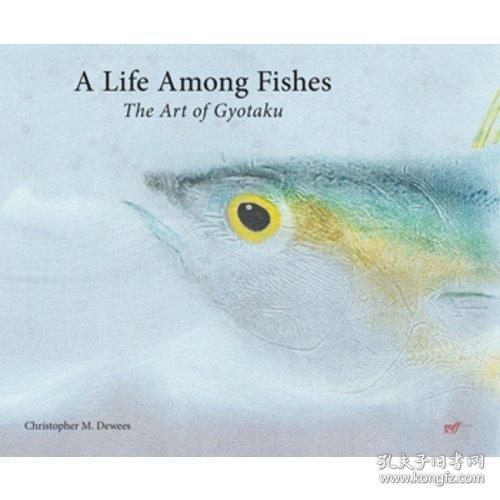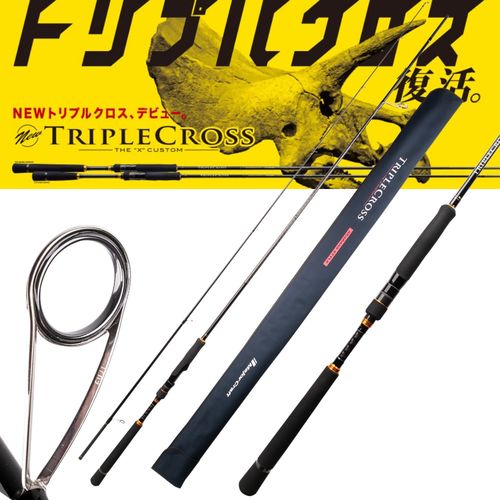Content:
Learning the art of fishing can be a fulfilling and enjoyable hobby that allows you to connect with nature, unwind, and potentially catch some impressive catches. Whether you're a beginner looking to start your fishing journey or an experienced angler aiming to refine your skills, mastering the art of fishing involves a combination of knowledge, practice, and patience. Here are some essential tips to help you learn fishing techniques effectively.
Start with the Basics Before you can become an expert fisherman, it's crucial to understand the basics. Begin by familiarizing yourself with the different types of fishing rods, reels, lines, hooks, and baits. Research the types of fish you want to catch and the best methods for attracting them. Knowledge is power, and a well-informed angler is more likely to succeed.
Choose the Right Equipment Invest in quality fishing gear that suits your needs and the species you're targeting. A good fishing rod and reel combination should be comfortable to handle and appropriate for the type of fishing you plan to do. Don't skimp on the essentials, as poor equipment can hinder your success and enjoyment.
Learn to Cast Properly Casting is a fundamental skill in fishing. Practice your casting technique in a wide, open space to get a feel for the rod's action and to learn how to cast with accuracy. Pay attention to your grip, stance, and the timing of your cast. The more you practice, the more refined your casting will become.
Understand Fish Behavior To catch fish, you need to understand their behavior. Learn about the habits, migration patterns, and feeding times of the fish you're targeting. This knowledge will help you choose the right bait, lures, and techniques to attract them.
Master Baiting Techniques Whether you're using live bait, artificial lures, or a combination of both, knowing how to present your bait effectively is key. Practice different baiting techniques and experiment with various methods to see what works best for the fish you're targeting.
Learn to Read the Water Observing the water's surface can give you valuable clues about fish activity. Look for signs such as ripples, boils, or fish jumping. Understanding what these signs mean can help you determine the best spots to cast and the best times to fish.
Practice Knot Tying Learning to tie various fishing knots is essential for securing your line to the lure, leader, and hook. Practice tying common knots like the Palomar knot, clinch knot, and improved clinch knot. The better you tie your knots, the less likely you are to lose your catch due to a failed knot.

Develop Patience and Observation Skills Fishing requires patience and observation. It's not uncommon to spend hours waiting for a bite. Develop the ability to observe your surroundings, from the weather to the water conditions, and adjust your tactics accordingly.
Understand Weather Patterns Weather can significantly impact fish activity. Learn to read weather patterns and understand how different conditions affect fish behavior. Early morning and late evening are often the best times to fish due to cooler temperatures and increased oxygen levels in the water.
Join a Fishing Club or Community Engaging with a local fishing club or community can provide you with valuable insights and advice from experienced anglers. You can learn from their experiences, share tips, and even go on group fishing trips.
Keep a Fishing Journal Maintaining a fishing journal can help you track your progress and identify what works and what doesn't. Record your fishing trips, including the techniques used, weather conditions, and what you caught. This information can be invaluable for improving your skills over time.
Be Respectful of Nature Always practice catch-and-release fishing when possible, and respect the natural environment. Take care of the water you fish in by leaving it cleaner than you found it, and be mindful of local fishing regulations and conservation efforts.
In conclusion, learning to fish effectively involves a comprehensive approach that combines equipment knowledge, skill development, and an understanding of the natural world. By following these tips and dedicating time to practice, you'll be well on your way to mastering the art of fishing and enjoying the many rewards it has to offer. Happy fishing!












